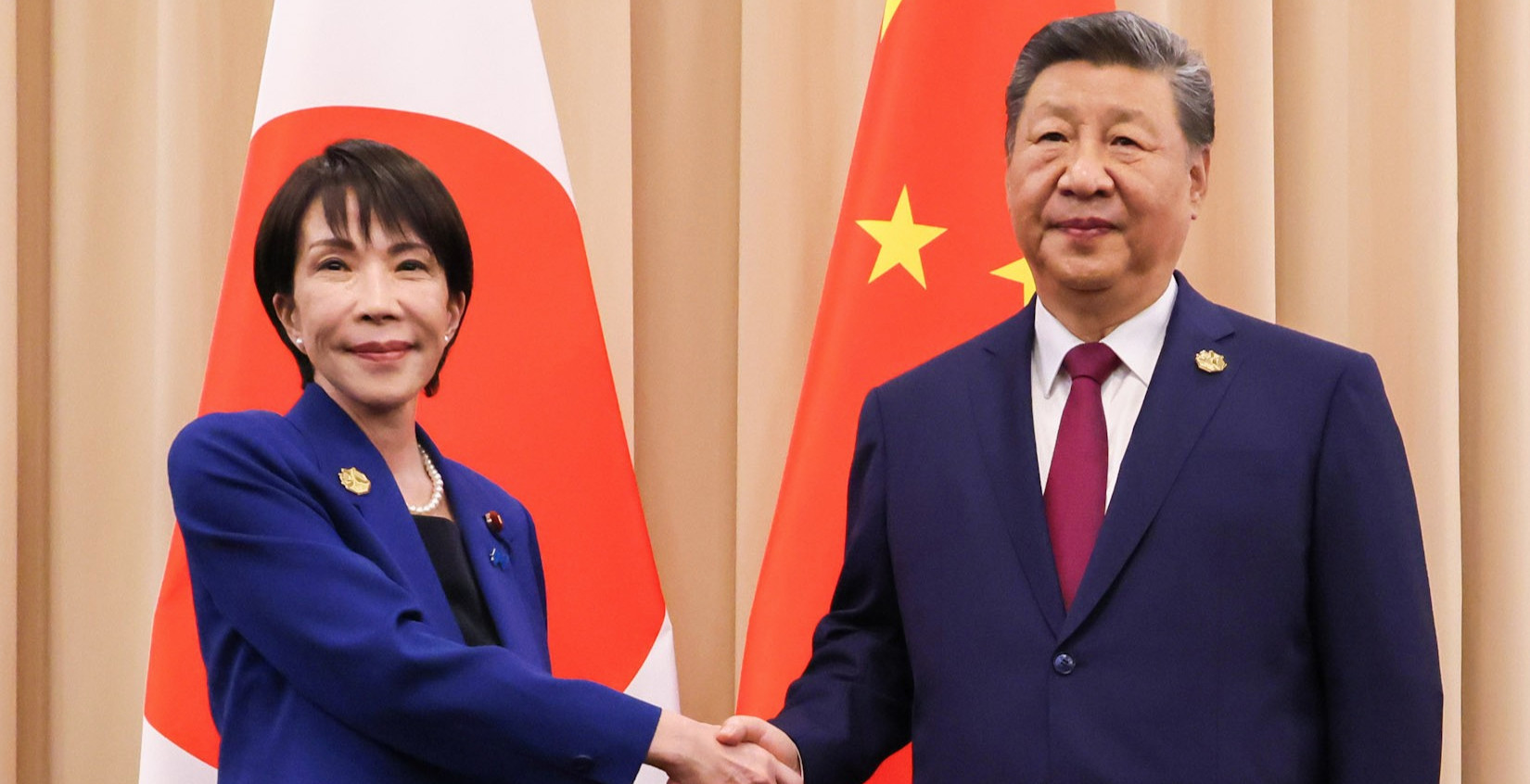The American journal Foreign Affairs has published a debate article by two professors at the University of Oklahoma that challenges prevailing security policy principles. The professors suggest that the United States' closest allies should consider acquiring nuclear weapons themselves.
The article, authored by professors Moritz S. Graefrath and Mark A. Raymond, has received extensive international attention and sparked controversy, though no Western country has yet officially endorsed the proposal.
In the widely discussed text, the duo argues that countries such as Canada, Germany, and Japan have both the technical capacity and security interests to develop nuclear weapons themselves – thereby reducing their dependence on US military protection.
The article states that "America’s allies should go nuclear. Selective proliferation will strengthen the global order, not end it".
The text highlights that these countries already participate in advanced military cooperation with the US and have access to the resources required for developing nuclear weapons.
The authors continue: "What the three allies would need – and what the United States can and should provide – is public support and diplomatic cover for their transition to becoming nuclear-armed states, as well as technical and doctrinal guidance to ensure robust command and control safeguards".
The debate surrounding the article has quickly gained momentum, and so far none of the countries mentioned in the text have officially endorsed the proposal, instead maintaining strong support for international disarmament and the Nuclear Non-Proliferation Treaty (NPT).
Canada, Japan, and Germany should get the bomb. Selective proliferation will benefit both the United States and its allies.
My debut in @ForeignAffairs w/ @ProfMarkRaymond ⤵️https://t.co/aZzeZR6LyV
— Moritz S. Graefrath (@moritzgraefrath) November 19, 2025
Critical reactions
Germany, for example, based on official statements, policy decisions and debate contributions, stands firm in its policy against nuclear proliferation and emphasizes that the country has no plans to change this principle.
Government representatives have expressed that Germany's position continues to support international disarmament agreements and that they reject all proposals to develop their own nuclear weapons.
Meanwhile, American and European experts have criticized the authors' reasoning as risky and have warned that such a development could trigger a new global arms race.
The background to the Foreign Affairs article is the increased geopolitically tense situation, where US commitments regarding the so-called nuclear umbrella are being questioned in several places in Europe and Asia.
Several European leaders have recently requested discussions about independent deterrence and nuclear weapons cooperation within NATO.
The US and other nuclear powers have so far rejected such discussions, continuing to insist on diplomacy and disarmament as the fundamental strategy.





